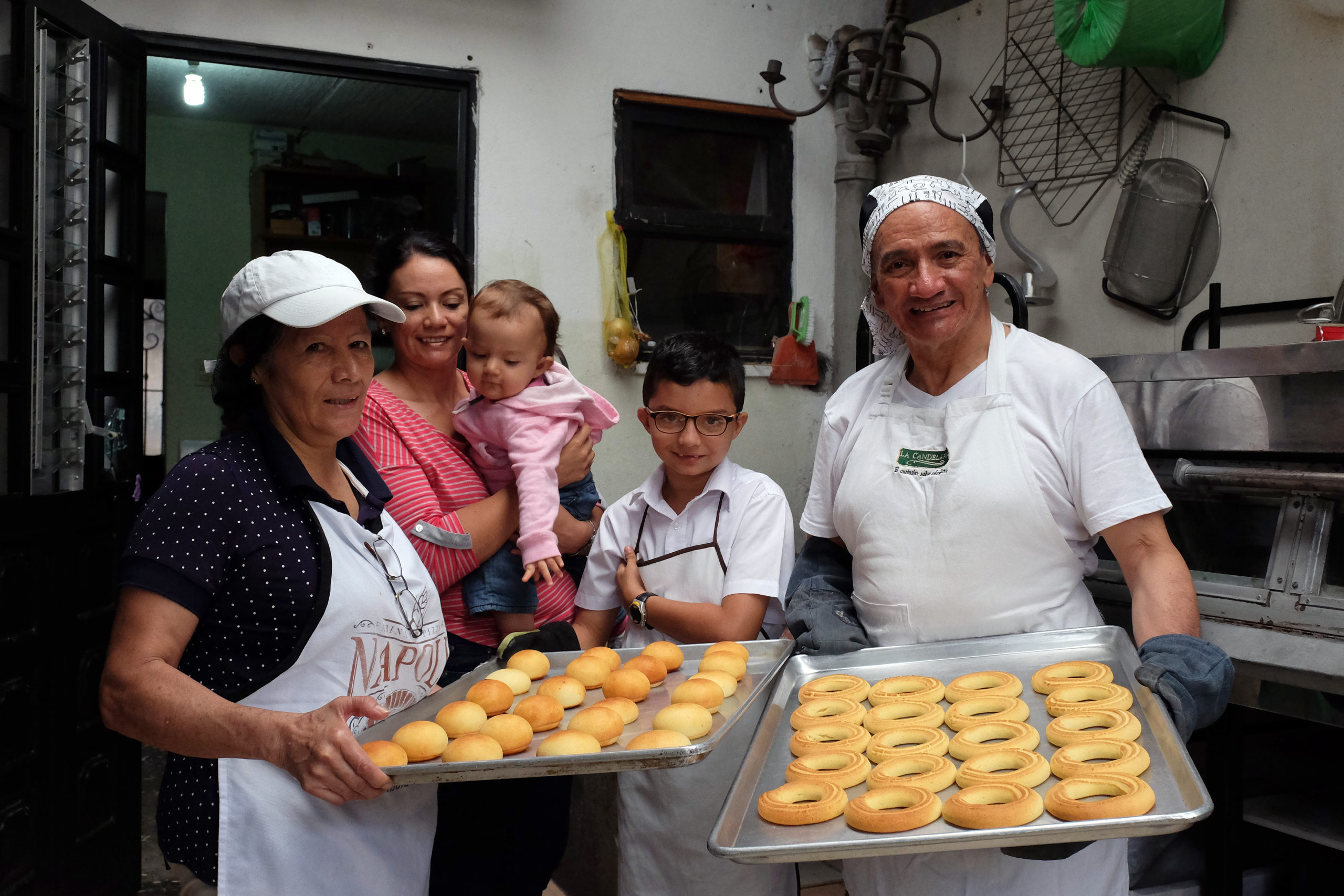Crisis in Central America
Uncontrolled gang violence and exploitation forces thousands to flee their homes in Central America.
In the hills above the Honduran capital Tegucigalpa, vacant houses indicate the scale of forced displacement from neighbourhoods controlled by street gangs. Displacement is particularly affecting informal communities in Honduras that have been traditionally marginalised and excluded.
Photo: ©UNHCR/Tito Herrera
For those living in the North of Central America (NCA), everyday life unfolds in the shadow of constant fear.
Please help these families find safety and survive.

Shelter
to protect those who’ve fled with nothing

Cash Assistance
to help families cover basic survival costs like rent and medicine

Education
to provide legal assistance throughout the asylum process
What’s happening in the Central America?
For those living in the North of Central America (NCA), everyday life unfolds in the shadow of constant fear. In a geographical area that is already struggling to thrive amidst widespread economic and political instability, the threat of violence, intimidation, and extortion at the hands of the local mara or pandilleros (gangs) makes a challenging situation all the more desperate.
Rampant violence in the countries of Guatemala, Honduras, and El Salvador—the three countries making up the North of Central America—has forced thousands to flee, seeking asylum in nearby countries such as Mexico and the United States, or even overseas.
At the end of 2020, some 867,800 people originating from El Salvador, Guatemala and Honduras remained forcibly displaced, primarily due to violence.
What does life in the North of Central America look like?
Refugees who have managed to escape El Salvador, Honduras and Guatemala are united by a common, horrifying, thread. They have witnessed atrocious violence by heavily-armed gangs operating with near-impunity as security forces turn a blind eye, making the NCA one of the deadliest places on earth.
What does such rampant violence look like for people living day to day in the NCA? In practice, it means no-one is safe—anyone could become subject to the scrutiny of the mara or pandilleros. Working mothers and fathers are often forced to pay exorbitant “war taxes”, leaving little behind to support their families.
The streets of many cities are war zones where rival gangs battle day and night. If someone is not the subject of direct violence, they likely have witnessed brutal beatings or the murder of innocent friends or family. It is a constant fear that you could find yourself in the wrong place at the wrong time.
The path to safety for those leaving the NCA is not without challenges. Increasing pressure to curtail immigration in both Mexico and the United States has made it difficult for refugees fleeing turmoil to receive the refuge they need. Thousands of refugees arriving in asylum countries are detained and deported back home almost immediately.
How can you help?
Often having to flee in great haste, asylum seekers leave nearly everything behind, including their friends, family all their belongings and a stable source of income. Upon arrival in their country of asylum, Central American refugees struggle to find a home and a job to support themselves and their families. Most are mourning the loss of and separation from family members and long to be reunited with them and build a new life together.
Donations help fund UNHCR initiatives that provide immediate assistance to Central American refugees such as cash grants for rent and basic necessities, legal assistance for those beginning the lengthy asylum application process, and counseling to help refugees recover from the traumatic experiences they have endured.
Generous donor support will help us fulfill our commitment to providing refugees in the NCA access to basic needs and necessities, while also helping us implement support systems for long term community empowerment and self-reliance. Join us as we help asylum communities offering displaced Central Americans a safer future, free from the constant threat of indiscriminate violence and extortion.
What is UNHCR doing to help?
UNHCR believes in the universal right to safety and security. Anyone who fears or faces violence and persecution where they live has the right to seek asylum. UNHCR will continue to work across Central America to ensure that right.
When people are forced to flee, we provide support by partnering with community organizations. We also work towards solutions for refugees, internally displaced people and asylum-seekers with protection needs from the NCA and Nicaragua.
We work closely with partners with other agencies to ensure we can assist everyone who is in need. Using programs that empower vulnerable groups like women and children with protection needs, as well as others impacted by violence. We also provide support and cash grants to help displaced people survive.
Where can I access latest data, maps and reports?
NCA Situation Portal—for latest updates on the crisis overall, including UNHCR situation reports, funding requirements and UNHCR’s support for countries hosting refugees from the North of Central America.
Did you know that women, children and unaccompanied minors make up a large portion of those seeking refuge from the North of Central America?

The Ángel Velásquez family show off their bread at the family’s bakery in San José, Costa Rica. They have built a successful business here since fleeing Colombia.
When Ricardo Ángel, Miriam Velásquez and their children fled the armed conflict in Colombia in 2002, they reached Costa Rica with little more than hope. Now 15 years on, the couple run a highly successful gluten-free bakery in the Central American nation’s capital, San José. Despite having their education disrupted by war and flight, their children Alejandro and Adriana are now both successful professionals. Alejandro is a graphic designer and Adriana is a dental assistant. Costa Rica has a tradition of welcoming refugees. During the 1970s and 1980s, when civil wars erupted across the region, it remained peaceful, keeping its doors open to those at risk. The country allows refugees to flourish, providing grants and the right to work and study while their asylum applications are processed.
Photo: ©UNHCR/Santiago Escobar-Jaramillo
Donate Today
Please help refugee families and internally displaced people in the North of Central America.
Donate Today
Please help refugee families and internally displaced people in the North of Central America.


